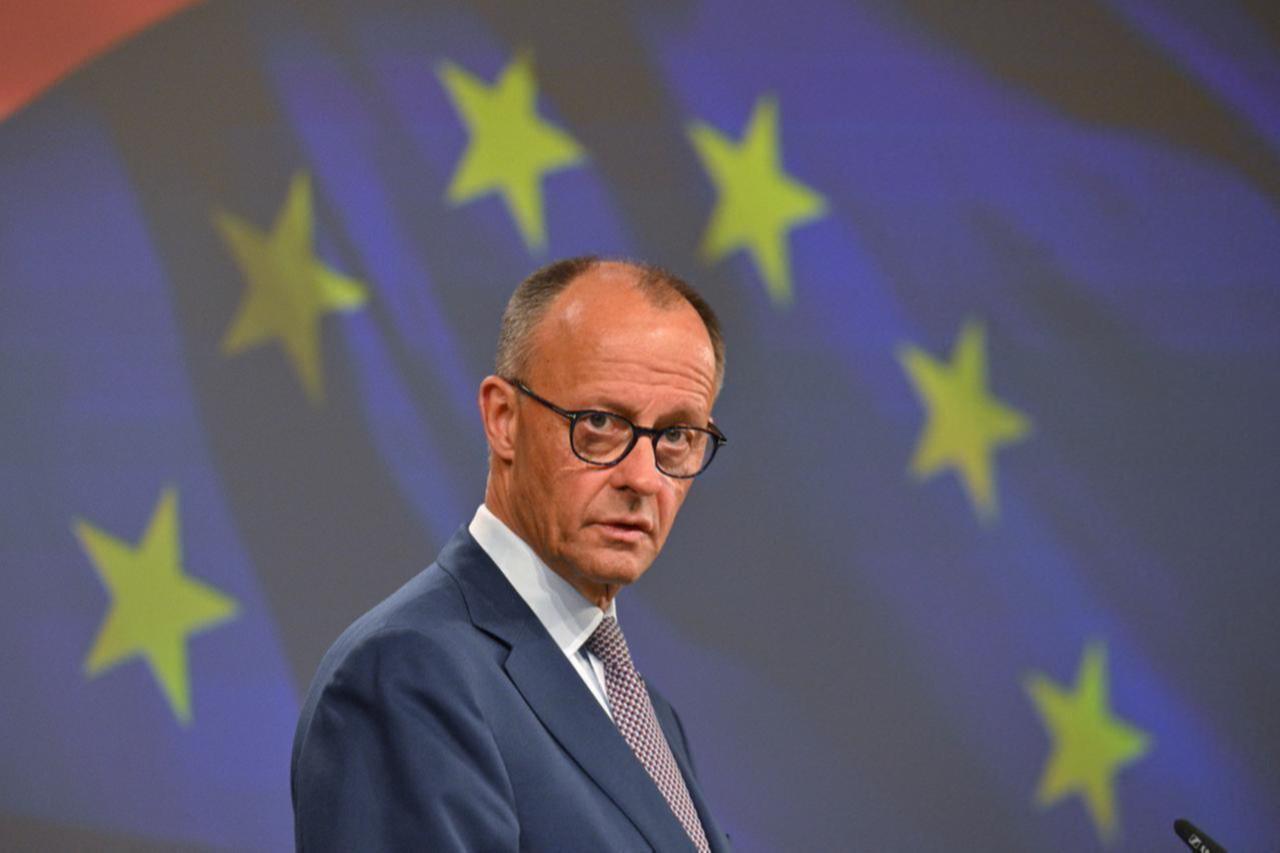
German Chancellor Friedrich Merz said Thursday that his government remains undecided on whether to support proposed European Union sanctions against Israel, even as Berlin expresses growing concern over the scale of Israel's military operations in Gaza.
Speaking alongside Spanish Prime Minister Pedro Sanchez in Madrid, Merz acknowledged that both nations share deep concerns about civilian casualties in Gaza but revealed a split within the EU over how to respond to Israel's actions.
"As Germany, we also do not share the Israeli government's assessment that it can achieve its goal of permanently eliminating Hamas through these actions," Merz told reporters at a joint news conference. "We share the criticism of these actions, but we do not share the description of these actions as genocide."
The German leader's remarks highlight the delicate balancing act facing European leaders as they navigate between supporting Israel's right to self-defense and addressing mounting international criticism over civilian casualties in Gaza. Germany has historically been one of Israel's strongest European allies, making any potential sanctions particularly significant.

Merz characterized Israel's military response as "disproportionate" and said Germany continues pressing for increased humanitarian aid access to Gaza. The chancellor also defended his earlier decision to suspend approval of new weapons exports to Israel that could be deployed in Gaza operations.
"Not only do I still believe this decision was the right one, but developments over the last few days have also confirmed my belief that this is the case," Merz said, citing the civilian death toll during Israel's ground offensive in Gaza City.

The European Commission has proposed a package of sanctions targeting the Israeli government, including suspension of the EU-Israel trade agreement and sanctions on what it termed extremist Israeli ministers. The measures reflect growing European frustration with Israel's conduct of military operations that have drawn international condemnation.
However, Merz indicated that Germany's ruling coalition government has yet to reach consensus on the sanctions proposal. The chancellor said party leaders and Cabinet ministers will convene in Berlin next week during parliamentary sessions to discuss the matter.
"We will reach a final opinion within the German coalition government on these issues in the next few days," Merz said. "I assume that we will then have a position in the informal EU Council meeting on Oct. 1 in Copenhagen."
The timeline suggests Germany's decision could influence broader EU action, as the bloc typically seeks consensus among member states before implementing sanctions. Germany's economic and political weight within the EU makes its position particularly influential in shaping the union's foreign policy responses.
The sanctions debate comes as international pressure mounts on Israel over its military campaign, with various UN bodies and international organizations calling for ceasefires and increased humanitarian access to Gaza's civilian population.